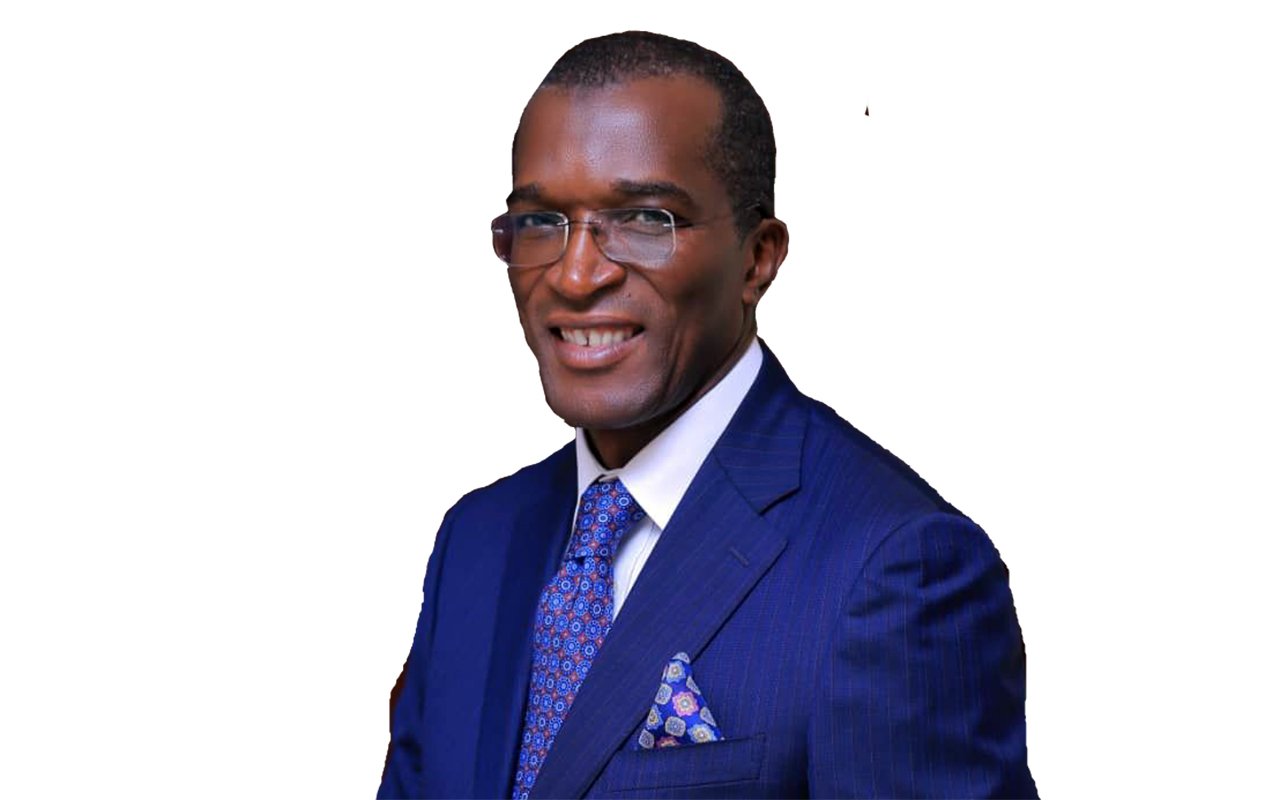In 2035, a Crane Bank-type crisis will not be possible
Last week, Bank of Uganda appointed what they hope will be a more competent manager to run the affairs of troubled Crane Bank, kicking out the old leaders and its Board of Directors.
The story of Crane Bank has already been well told in the last few days, so there is no need to repeat it. But its troubles, and that of other banks in Kenya in recent times, only got me thinking about the future of banking in Africa. It is bleak.
Not because our banks tend to be badly run, although that it is an issue, but rather because banks are actually primitive things that should not have survived into the 21st Century.
Economist and Sunrise newspaper columnist Ramathan Ggoobi who has been writing his fingers off on this matter, and commenting on interest rates recently, noted the absurdity of the fact that the bank pays for your hard-earned money interest of three per cent, but then lends someone who borrows it at 23 per cent.
Ggoobi’s point was that there is something wrong with the interest rate regime. But I reached a different conclusion. I believe banks should charge the interest rates they choose, but I thought it was so outdated to have such a business at all.
Modern money and banks were born in a backward time when we couldn’t travel far.
If I were travelling to Fort Portal from Tororo 150 years ago, and planned on buying something from there, and given that there were no proper roads and cars then, I couldn’t carry my goats on the head to Andrew Mwenda’s great great grandfather in exchange for beans.
A currency, with an agreed value, and a bank acting as a middleman, solved all those and other problems.
The thing is that today, with a very connected world, banks and currencies still operate much like 120 years ago. The result, as one report noted, is that globally, we pay nearly $2 trillion in transaction to banks for our own money every year.
Now, in our corruption-infested Uganda, the country has a growing army of very smart citizens who are doing wonderful things in the world quietly, hoping the crooks in Kampala don’t notice and shake them down.
It was in this way that I met with a Ugandan who is doing some work with Barclays internationally. He explained to me the decisions by Barclays Africa to get out of Africa.
Both African and international media wrote that it was indicative of “the end of the Africa rising” story.
He told me that was an over-simplified view. On the contrary, depending on how you looked at it, Barclays’ action was a kind of vote of confidence in Africa.
Its move, he said, was considerably influenced by the belief that mortar and brick banking would be in big trouble or largely over in Africa in 10 years.
If mobile money had taught us anything, it is that Africa is perhaps the continent that is most ripe for banking disruption.
And he convinced me to take an interest in “blockchain” technology and crypto currencies like Bitcoin. Blockchain and crypto currencies will allow us to do something ancient in new ways – to sleep with our money under the mattress. Except that the money, and even mattresses for that matter, will be digital.
Which brings us to the question, what is blockchain? Blockchain, which is what Bitcoin runs on, allows buyers, sellers, consumers and suppliers to connect directly, removing the need for a third party like a bank.
It uses encryption to keep exchanges secure, providing a decentralised database, that some describe it as a “digital ledger”, of transactions that everyone on the network can see. This network is a chain of computers that all must approve an exchange before it can be verified and recorded.
As an explainer notes, in the case of Bitcoin, blockchain stores the details of every transaction of the digital currency, and the technology stops the same Bitcoin being spent more than once.
Fast forward. Once your employer pays you in a digital currency, and everyone is connected and has a digital device, you require bank notes, and therefore you won’t need a bank.
Look at it another way. Assume you are a group of 500 folks on a future secure WhatsApp group. You earn in digital currencies, and all your money goes into a single pot. You can run an exchange, and the beauty is that your cousin in the US and nephew can be part of it. There is no place for a bank in there.
Some of us might not be around to see it, but our children in their later years and our grandchildren will not know the kind of crises like the one that visited Crane Bank.
Mr Onyango-Obbo is publisher of Africa data visualiser Africapedia.com and explainer site Roguechiefs.com. Twitter@cobbo3




